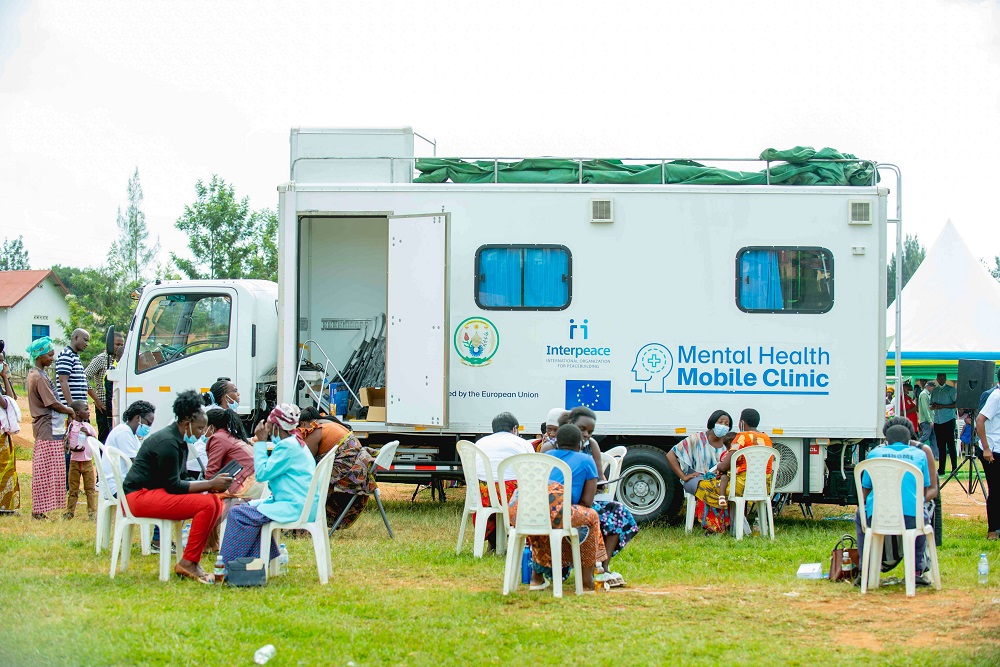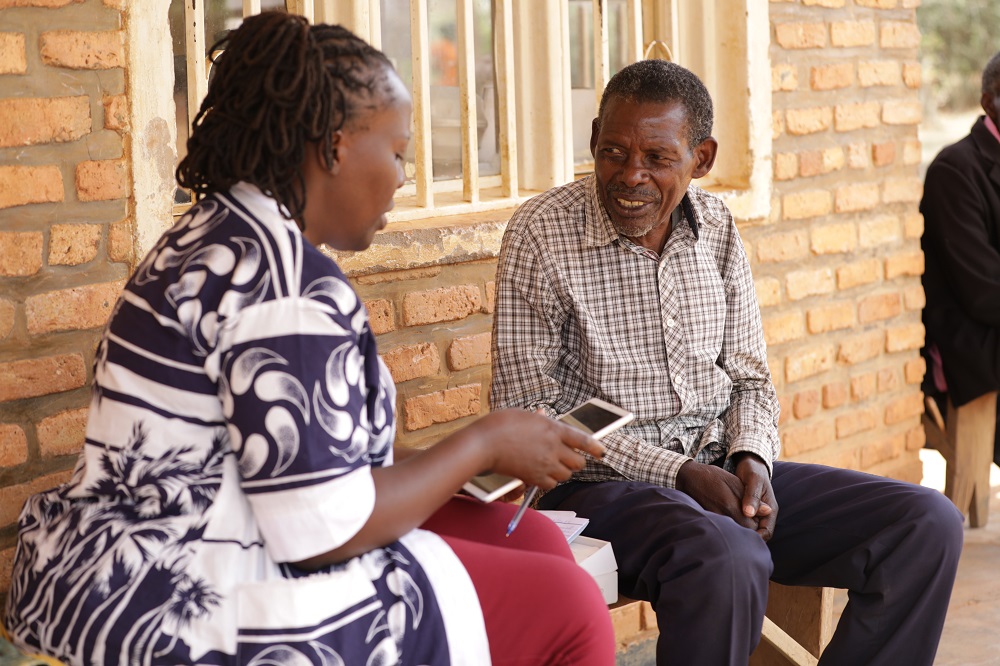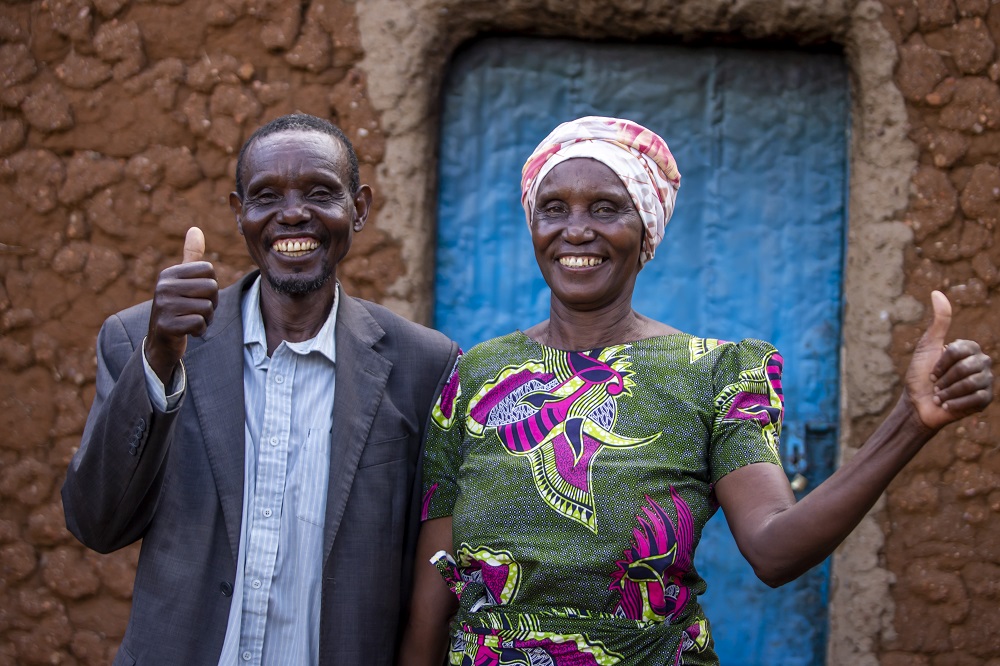Programme results in figures (October 2020 - December 2023)
13184 people reached (6344 men; 6840 women)
281 healing spaces created: 4589 participants (1795 men; 2794 women)
Resilience-oriented therapy: 35 spaces, 311 participants (122 men; 189 women)
Multifamily therapy: 31 spaces; 580 participants (279 men; 301 women)
Sociotherapy: 215 spaces; 3198 participants (1394 men; 1804 women)
Prisoner rehabilitation and reintegration:
15 healing spaces created in 5 prisons; 398 participants (97 men; 302 women)
77 correctional officers (49 men; 28 women) trained
Collaborative livelihoods:
405 people (208 men; 197 women) trained in financial and entrepreneurship skills
411 participants (141 men; 270 women) trained in hands-on skills
51 business initiatives supported with 846 members (419 male; 427 female)
4 Youth Business hubs established
296 community dialogue facilitators (145 men; 151 women) trained to facilitate healing spaces
125 mental health professionals (49 men; 76 women) trained in the use of contextualised mental health and psychosocial support (MHPSS) protocols
2665 people (1278 men; 1387 women) trained in life skills and socio-emotional skills
2885 participants (1367 men; 1518 women) attended psychoeducation trainings
401 high-school teachers (329 men; 72 women) trained in history and trauma-sensitive teaching
24 journalists (18 men; 6 women) trained in MHPSS-informed reporting
24 trainers (7 men; 17 women) attended a training-of-trainers on positive masculinity and parenting
3 research studies conducted
8 MHPSS protocols and curricula developed
One Mental Health Mobile Clinic launched
16 motorcycles provided to district hospital and health centers
56 tablets provided to district hospital and health centers for data collection and safeguarding
One Technical and Vocational Education and Training (TVET) facility constructed in Bugesera Prison
close chevron-down facebook arrow-circle-up bars linkedin youtube-play instagram 


